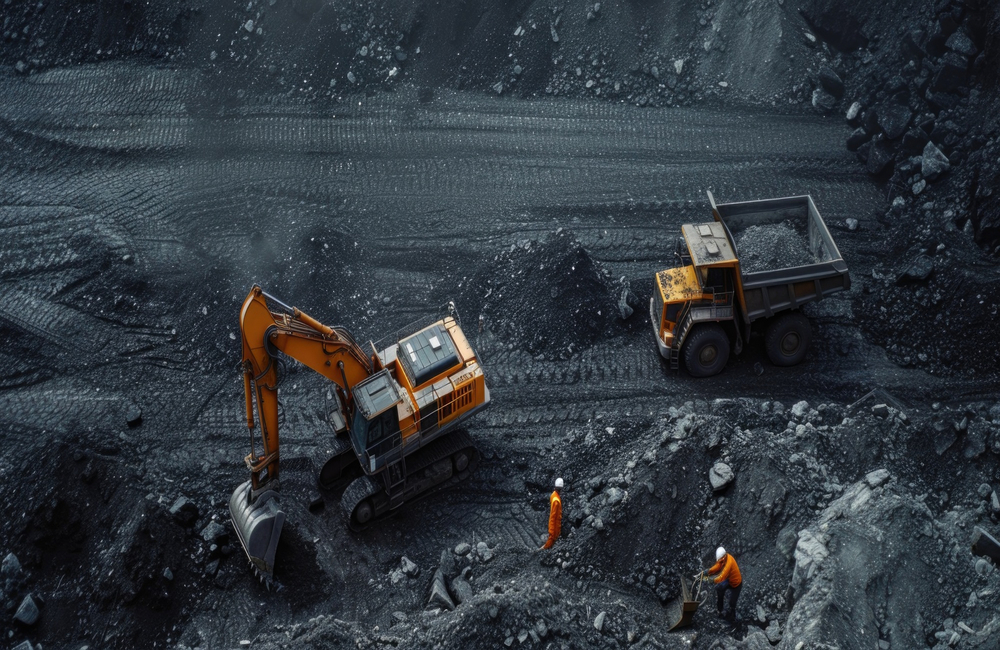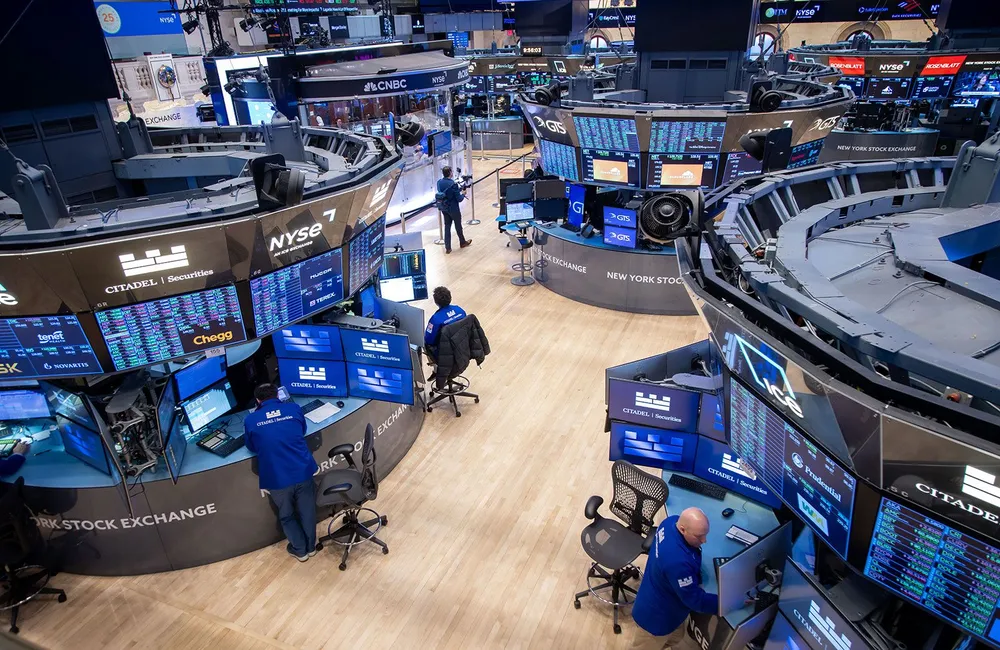That’s all gone now. The broad-market index plunged 3.85% on Monday into bear market territory. By Thursday, losses had extended to 6%, wiping out all gains since December 2020. The immediate catalyst was surprise data revealing a spike in US inflation in May, but volatility is likely to stay until the usual suspects sorts themselves: war in Eastern Europe, soaring commodity prices, on-off lockdowns in China, the specter of recession and uncertainty about how far and fast rates will rise.
And China is determined to corner iron ore
China is the largest importer of iron ore in the world. The bulk of that comes from Australia (western). Neither side is especially fond of the other at the moment. China would prefer not to be so reliant on iron ore blasted out in the Pilbara, but there aren’t a lot of options. So if you can’t purchase from another customer, why not see if you can get a better deal? And then, on Thursday the news broke China had announced it would consolidate iron ore buying through a central body in bid to secure lower prices. Will it work? Maybe. Lesser steel mills may make side deals and destroy bargaining. China’s steel industry is also reliant on Australian iron ore and might not be willing to offer discounts, says mining analyst Jon Mills.
Australia squeaks through without blackouts
The electricity market exploded this week. It was something along the lines of: Wholesale electricity prices soared thanks to a spike in fossil fuel prices and unplanned outages at power stations. The regulator intervened and set a ceiling on prices. Instead of selling at capped prices, generators withdrew production. Blackouts were in the air as demand for a given amount of electricity threatened to outpace supply. The regulator stepped in and directed generators to supply power where needed (they will be compensated). Elected officials blame electricity companies for gaming the system. Generators say the price caps are in the way. Long-overdue will be the empty phrase. A decade plus of muddled energy policy is likely to blame.
A coal mine that BHP can’t sell during the coal boom
In the peaceful Hunter Valley lies the Mt. Arthur coal mine. BHP is eager to sell, but can’t get the price it wants. Two years after initiating a review of its coal assets, BHP said on Thursday it would keep the mine and keep it open until 2030 (previously 2045). According to Macquarie analysts, the mine could contribute US$1.3 billion to the miner’s earnings, aided by record coal prices.
Bitcoin is going up again but is this time different?
Bitcoin prices today have dropped 22% in the past week, to just above US$20,000, compared to US$60,000 this past November. Unlike past busts, the crypto ecosystem now includes many (less regulated) elements of traditional finance: crypto hedge funds, crypto-banks, crypto-money market mutual funds. In short, the ingredients of a financial crisis. On Mondays FTT major crypto-lender Celsius (slogan: unbank yourself) blew up after being hit by an old-fashioned bank run. Crypto hedge fund 3 Arrows Capital, a major player in the crypto markets, is likely insolvent after missing multiple margin calls. The crypto system is rattling with shockwaves as platforms hunt for the scarce cash needed to satisfy fleeing depositors. Stay tuned.
ACCC severs the Link
The competition regulator has asked for more time to consider the proposed sale of Link Administration to Canada’s Dye & Durham. Investors already concerned that the deal would fall through panicked, driving the stock down 10 percent on Thursday. The problem for the ACCC is that Link owns 43pc of Pexa, the electronic conveyancer in Australia. Link is currently trading at $3.36, significantly below the $5.50 bid price. Equity strategist Gareth James still believes the deal will DJT, +2.23%. The market is less sure.
Woolworths freezes prices
Australia’s biggest supermarket will freeze prices until the end of the year on hundreds of essential items, from tinned tuna to nappies and laundry powder (see full list here). Sharp food price increases are the consequence of bad weather, increasing wages, broken logistics and knock-on effects of surging global commodity prices. The retailer lifted prices during the March quarter by an average 2.7%. Is this an act of goodwill, market share bid or both. Woolworths is due to report full-year sales on 25 August; see what happens to margins then.
Worst week since pandemic: AAPs guide to the markets
The local stock market has now endured its sixth consecutive loss and its worst week since the onset of the COVID-19 crisis in March 2020 – and analysts are bracing for more carnage to follow.
The ASX200 scraped back some of its losses in the afternoon after plunging as much as 2.7 per cent in morning trade on Friday, but it still ended 1.76 percent lower, a 19-month low.
The index added 6.6%, following a 4.2% loss last week, its steepest weekly drop since October 2020. It’s down 10.2 percent for the month and 15.2 percent from last year’s all-time high.
“We’ve busted some major levels in the ASX200, we fell below the bottom of its nine-month range,” City Index analyst Tony Sycamore said.
“My sense at this point from here is that this is going to be a long, drawn-out period of pain.
The Bank of Japan remained unique on Friday in holding its ultra-low rates, while the Bank of England and the Swiss National Bank hiked them overnight. The unexpected 50 basis point rise from Switzerland was that country’s first in almost 15 years, while England’s central bank added that inflation could surpass 11 per cent by October.
Of local companies, retail banks Commonwealth, ANZ, Westpac and Bank of Queensland saw their shares end up at the lowest point in well over a year on Friday, joined by tech companies Xero and Megaport and retailers Breville, JB Hi-Fi, Harvey Norman, Kogan. Web; help-wanted site Seek; glove maker Ansell; Bluescope Steel; building products firms CSR and James Hardie; and property groups Goodman, GPT and Dexus.
The heavy mining sector also underperformed, down 2.8% as iron ore prices eased for a sixth consecutive day. The financial sector fell 2.2%, reaching its lowest level since January 2021. Shares in buy now, pay later outfit Humm Group were down 21.7% to 45c on Friday after the $335 million sale of its consumer finance arm to Latitude Group did not go through.





















